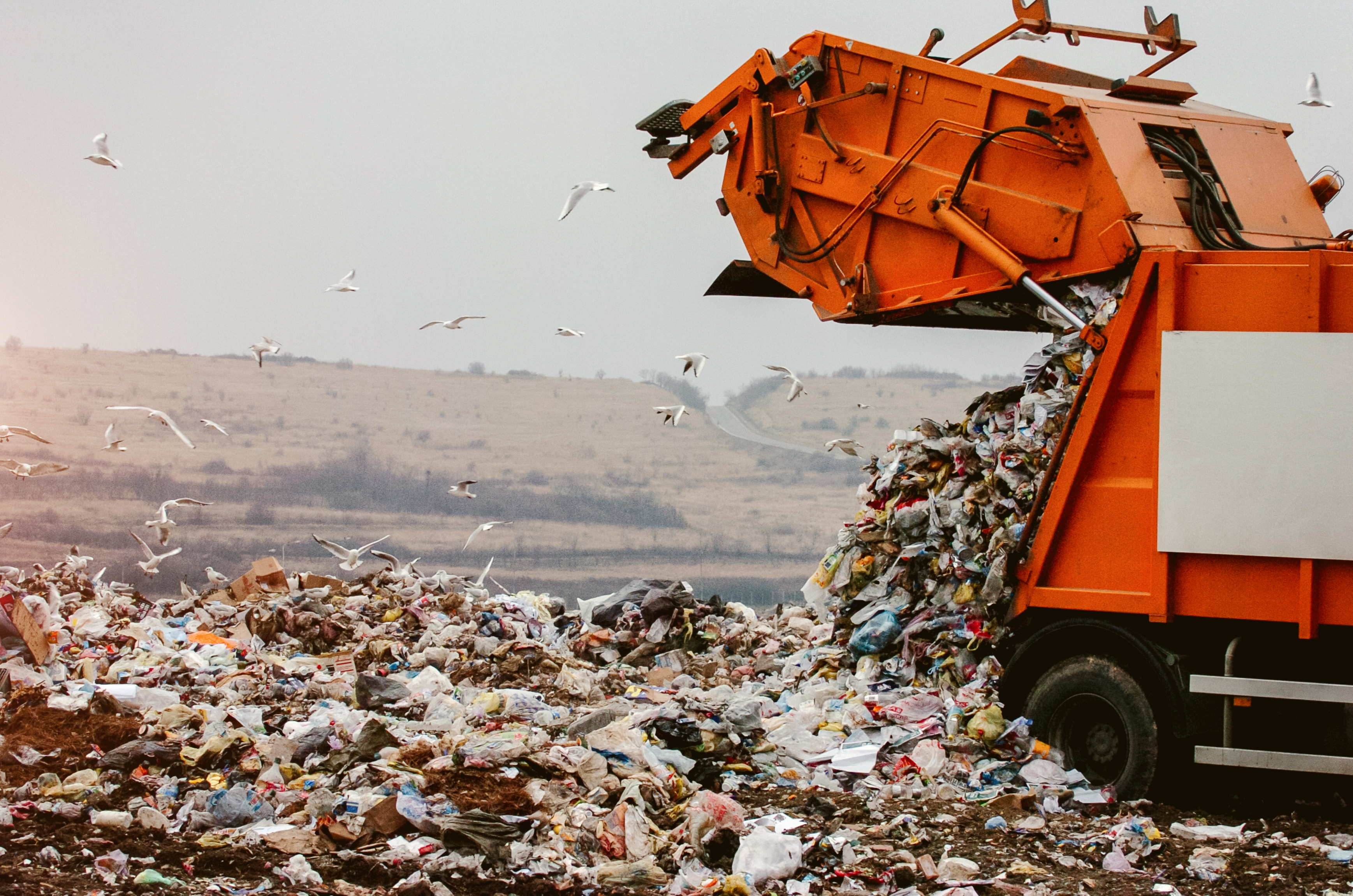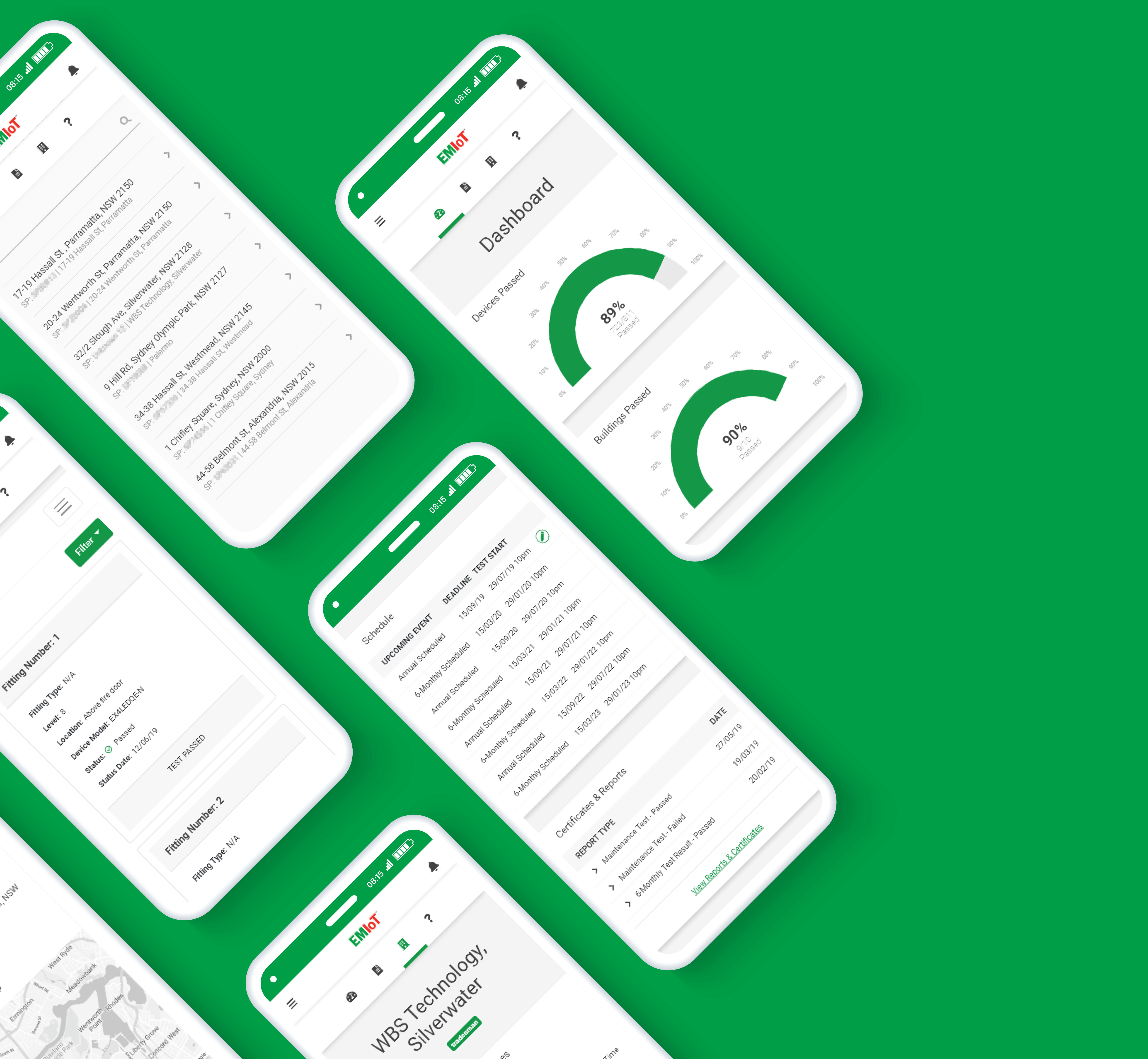New waste management initiatives hint toward a cleaner, greener future

The world we live in is changing in almost unimaginable ways. The recent bushfires in Australia dominated local and global headlines, and whilst they were not the headlines we wanted to read, they did bring to the surface menacing global issues that lie just around the bend. This includes rising sea levels and global temperatures, fossil fuels continuing to pour Carbon into the atmosphere, and a slew of other urgent global health and environmental issues.
But is it all doom and gloom when it comes to our global outlook?
We see rapid adoption of green energy, and technologically advanced initiatives behind purifying water, improving sanitation, reducing waste and tackling other macro-issues as large as malnutrition and poverty.
A Closer Look at Waste Management
In 2019, the Alliance of World Scientists, supported by more than 11,000 signatories, published an analysis of waste management, tying this sector in with the irreversible climate tipping points that loom over us in the years ahead.
We’ve highlighted some of their major takeaways, to emphasise where change is occurring, and how you can contribute to the greater global good when it comes to your business:
The Diminishing Role of Plastics
The World Economic Forum is optimistic that by the end of the 2020s, consumer behavior and local regulations may have changed enough to all but eliminate single-use consumer plastics. Look at new coffee shops using only paper, biodegradable paper straws, the elimination of plastic shopping bags in cities across the world, and other small changes as those that are likely indicative of much larger global change just on the horizon.
For Millennials and Gen Z, the mantra of “refuse, reuse, reduce, recycle” is already commonly accepted as a necessity of the future. Watch this area specifically to see how consumer mindsets are changing on a day-to-day basis.
Smart Technology Improving Efficiency
Other technologies like food waste processing machines and household compost, smart waste bins and advanced landfill solutions, will continue to gain momentum in the years ahead.
This is a direct area that we’ll be working on with our clients, leveraging finance models on these asset classes and analysing ways that local government and businesses can work together to reduce waste and pollution with new, innovative measures and practices.
Other forward-looking levels of analysis sees new generations buying less stuff and purchasing more services, such as cleaning, gardening, laundry, entertainment and healthy, sustainable eating practices. This wave toward a sustainable, circular economy could provide mental and physical health benefits, while drastically curbing pollution, all in one fell swoop.
Look Toward the Future, Today
Do you see areas to implement better waste management practices and curb pollution across your business? Whether it’s green energy adoption like solar and wind, Carbon offset initiatives, minimising waste, improving recycling and adopting smart technology, there are dozens of ways for your business to get started ushering in the new green revolution.
Best of all, these solutions can be economically viable for your business, put you ahead of local competition and showcase your deeper understanding of the need for businesses, both new and old, to adapt to a changing global environment.
What the world will look like by the end of 2020, and even 2030, remains a mystery.
Someday our grandchildren will ask what we did to help save the planet.
How we answer that question, is ultimately up to us.
Maia Financial can fund assets to ensure your business is ahead in all areas of cleantech and sustainable operations research and innovation. Speak to one of our CleanTech specialists to learn more.

